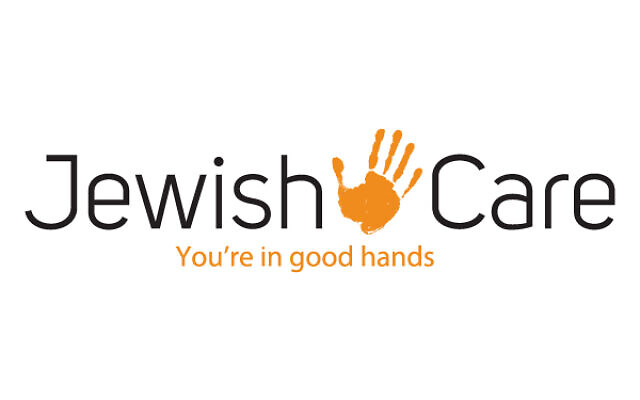Responding to an evolving care landscape
'Today, JewishCare is confronted with significant external pressures that if left unchecked could become a threat to its future sustainability'
JewishCare has been the major service provider for vulnerable members of our community for over 85 years.
As an organisation, it has been there through many turbulent times.
From the end of the Holocaust and the Second World War, to waves of Jewish migration, to the global financial crisis, and more recently the COVID pandemic, JewishCare has been an ever-present support to the community.
Yet today, JewishCare is confronted with significant external pressures that if left unchecked could become a threat to its future sustainability.
Put simply, the cost of providing care has increased dramatically in recent times. Royal Commissions into aged care and disability have resulted in a much more costly compliance regime. Salaries in aged care have shot up following mandatory government salary increases. And salary expectations have grown further still due to an ultra-tight labour market following COVID when many care professionals left sectors entirely.
These and other factors have resulted in a major increase to our cost-base which can be seen most clearly in our financial results for the year ended 30 June 2023, during which we recorded a deficit of $2.48 million.
At the same time, with an ageing population that is growing and seeking more diverse forms of care, an expanding NDIS participant base, and greater demand for mental health services, the future of care looks very different to what it did only a few years ago.
These are challenges being felt across the sector and we are not alone in having to deal with them.
But deal with them we must to ensure we can continue caring for the community into the future.
In the middle of this year, we undertook an extensive three-month review across every aspect of our organisation to identify the issues we face and changes that are needed.
The review found that we must bring our costs down to a level more appropriate with the size of our organisation, and that the bulk of excessive organisational costs are staff related.
The review also recommended ways to drive greater efficiency in our ways of working, and how we can realign operations to better meet the evolving community need.
Following the review, we have begun to implement several efficiency and cost-control measures which has unfortunately meant offering redundancies to several office staff members at Fischl House.
Making these decisions is incredibly difficult and we don’t take them lightly. We are our own mini community at JewishCare and the departure of colleagues is very unfortunate and felt across the organisation.
We have offered alternative roles to these staff and if not taken up, they will receive post-employment support to assist them through these changes and to help them find new roles.
It’s important to note that no front-line staff were affected by these redundancies and we anticipate no impact on service levels or quality for our clients even if we see increased demand for services.
JewishCare is also in the process of making operational changes to ensure it is more financially self-sufficient and is developing a recruitment strategy to better align its workforce to the evolving needs of the community.
This has been a difficult time for JewishCare and we thank all of our staff, clients and partners for the support they’ve given us over these last few weeks.
While we are still working through these challenges, we know that at the end of our transformation process we will have built a stronger, more sustainable, and more impactful JewishCare. One that will be able to support the community through the turbulent times for the next 85 years to come.
Gary Groves is CEO of JewishCare.


comments